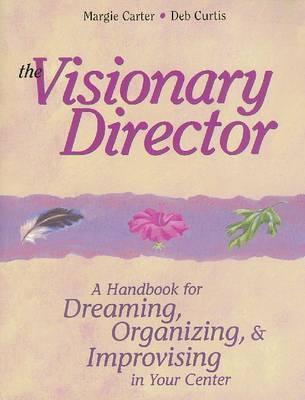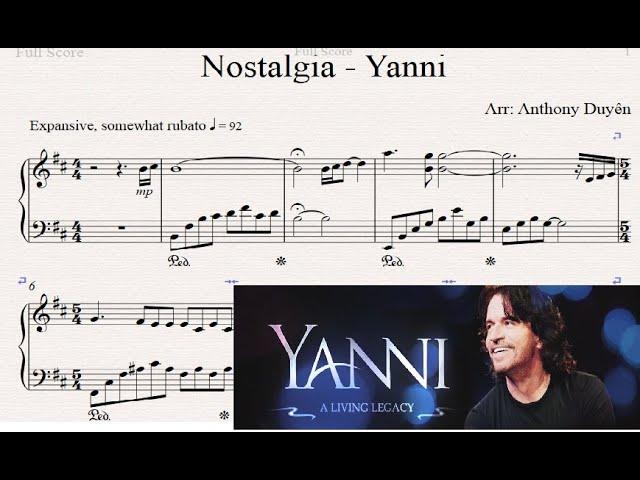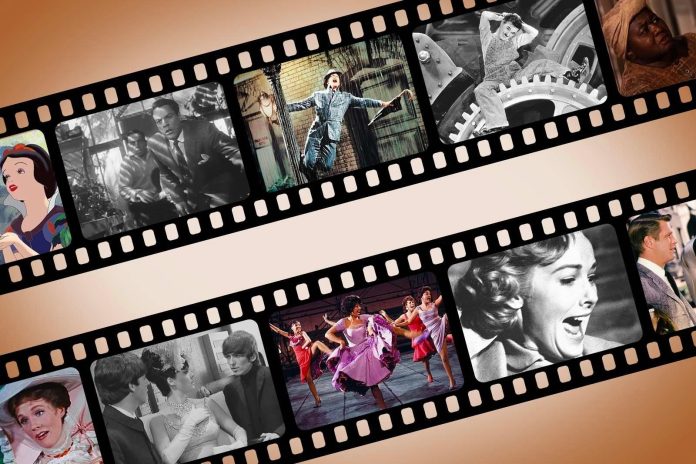In the ever-evolving tapestry of cinematic history, where technological advancements and storytelling techniques continually reshape the landscape, there exists a pantheon of films that remain timeless. These classic films, with their indelible narratives and iconic performances, transcend the ephemeral nature of trends, securing a perpetual place in the annals of cultural relevance. As we journey through the golden eras of cinema, we uncover the enduring allure of these masterpieces—works of art that not only define their genres but also continue to captivate audiences across generations. Join us as we delve into the essence of these timeless treasures, exploring why they will forever be in style, untouched by the sands of time.
Timeless Storytelling: Unveiling the Magic of Classic Cinema

In the ever-evolving world of cinema, certain films possess an enduring charm that transcends time. These masterpieces are not just products of their era but timeless tales that continue to captivate audiences across generations. Here are a few classic films that embody the essence of storytelling magic:
- Casablanca (1942): A quintessential romantic drama, Casablanca weaves a tale of love, sacrifice, and political intrigue set against the backdrop of World War II. Its iconic lines and unforgettable performances ensure its place in cinematic history.
- Gone with the Wind (1939): This epic tale of love and loss during the American Civil War remains a towering achievement in filmmaking. Its sweeping narrative and complex characters have made it a staple of classic cinema.
- The Godfather (1972): More than just a crime saga, The Godfather is a profound exploration of power, loyalty, and family. Its influence on the genre and popular culture is unparalleled.
- Breakfast at Tiffany’s (1961): Audrey Hepburn’s iconic portrayal of Holly Golightly in this romantic comedy has left an indelible mark on fashion and film, making it a timeless favorite.
These films, with their rich narratives and memorable characters, continue to inspire and influence filmmakers and audiences alike, proving that true storytelling is indeed timeless.
Cinematic Icons: Actors and Actresses Who Defined an Era

In the golden age of cinema, certain stars rose to fame not just because of their talent, but because they embodied the spirit of their time, leaving an indelible mark on the art of filmmaking. These cinematic icons were more than just actors; they were cultural phenomena, influencing everything from fashion to societal norms. Their performances in classic films remain timeless, captivating audiences across generations.
- Humphrey Bogart in Casablanca: With his rugged charm and iconic trench coat, Bogart defined the image of the classic Hollywood leading man.
- Audrey Hepburn in Breakfast at Tiffany’s: Her portrayal of Holly Golightly, with her elegant black dress and pearl necklace, set a standard for style and grace that endures to this day.
- James Dean in Rebel Without a Cause: Dean captured the restless energy of youth and rebellion, a performance that continues to resonate with audiences today.
- Marilyn Monroe in Some Like It Hot: Monroe’s comedic timing and magnetic presence showcased her versatility, solidifying her status as an enduring symbol of glamour.
These legends, through their unforgettable roles, have become the epitome of classic cinema, forever etching their names in the annals of film history. Their impact extends beyond the screen, influencing modern-day storytelling and acting, and ensuring their work remains eternally fashionable.
Directorial Masterpieces: Visionaries Behind the Lens

In the ever-evolving landscape of cinema, certain films stand as enduring testaments to the brilliance of their directors. These cinematic gems are not just products of their time but have transcended eras, influencing generations of filmmakers and audiences alike. The visionaries behind these masterpieces crafted narratives and visuals that continue to resonate, ensuring their work remains relevant and revered.
- Alfred Hitchcock: Known as the “Master of Suspense,” Hitchcock’s meticulous attention to detail and innovative camera techniques have cemented films like Psycho and Vertigo as timeless classics.
- Stanley Kubrick: With an unmatched eye for composition and storytelling, Kubrick’s films such as 2001: A Space Odyssey and The Shining continue to captivate and perplex audiences.
- Akira Kurosawa: A pioneer in visual storytelling, Kurosawa’s films like Seven Samurai and Rashomon have not only defined the samurai genre but have also influenced countless Western films.
- Federico Fellini: Celebrated for his distinctive style and exploration of human nature, Fellini’s works such as La Dolce Vita and 8½ remain quintessential studies of the human condition.
These directors, through their unparalleled vision and innovative techniques, have created works that not only stand the test of time but also continue to inspire the craft of filmmaking. Their films are a testament to the power of cinema as an art form, reflecting the depths of human imagination and creativity.
The Sound of Nostalgia: Music Scores That Transcend Time

The beauty of classic films lies not only in their timeless stories and captivating visuals but also in the unforgettable music scores that accompany them. These scores have a unique ability to evoke a sense of nostalgia, transporting audiences to different eras while simultaneously resonating with contemporary viewers. The orchestral arrangements and melodic compositions are crafted with such precision and artistry that they become integral to the films’ enduring appeal.
- Casablanca (1942): Max Steiner’s score, with its iconic “As Time Goes By,” is a masterpiece that encapsulates the romance and intrigue of this wartime classic.
- Gone with the Wind (1939): The sweeping melodies of Max Steiner once again capture the epic scale and emotional depth of this historical drama.
- The Godfather (1972): Nino Rota’s haunting themes perfectly underscore the film’s exploration of power and family, making it an indelible part of cinematic history.
- Star Wars (1977): John Williams’ iconic score has become synonymous with the epic saga, transcending generations and continuing to inspire awe.
These music scores have a unique power, intertwining with the narratives to create an immersive experience that lingers long after the credits roll. They are not just accompaniments; they are essential elements that help define these films as timeless treasures.



